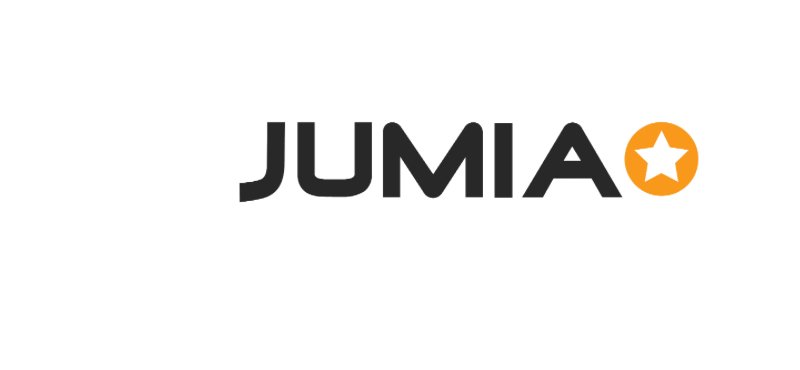
Washington, DC: An International Monetary Fund (IMF) team, led by Ms. Haimanot Teferra, held discussions with the Kenyan authorities in Nairobi during April 2-12 and May 9-15, 2024. The mission continued virtually to finalize key technical aspects of the agreement, including recalibrating access to IMF resources to align more closely with Kenya’s current needs following its access to the international bond markets earlier this year.
Upon completion of the seventh review of Kenya’s economic program under the Extended Fund Facility (EFF) and Extended Credit Facility (ECF) arrangements (see Press Release 21/98), if approved by the IMF’s Executive Board, the total remaining access will be adjusted to 135.55 percent of quota (SDR735.77 million, about US$976 million) which will also include a proposed recalibration of 21.67 percent of quota in access (SDR117.6 million, about US$156 million) toward the zero-interest concessional resources under the ECF arrangement. This will bring the total IMF financial commitment during the duration of the EFF/ECF program to SDR2.71 billion (about US$3.60 billion). In addition, the completion of the second Review under the Resilience and Sustainability Facility (RSF), approved on July 17, 2023, would unlock SDR90.46 million (about US$120 million).
Today, Ms. Teferra issued the following statement:
“The IMF team and the Kenyan authorities have reached a staff-level agreement on a comprehensive policy package needed to complete the seventh reviews of Kenya’s economic program under the EFF/ECF arrangements and the second review of the RSF arrangement. The policy package seeks to preserve debt sustainability and price stability, manage fiscal risks, address financial sector vulnerabilities, and AML/CFT deficiencies while continuing to advance structural reforms to support inclusive and resilient growth. In view of Kenya’s buyback of a significant share of the 2024 Eurobond using proceeds from a new issuance, which alleviated near-term exceptional balance of payment needs, staff and the authorities agreed to bring cumulative access under the EFF/ECF arrangements within the normal limits and a recalibration of access towards the more concessional financing under the ECF, consistent with the Fund’s policy on blended access. The agreement is subject to approval by the IMF’s Executive Board.
“Growth recovered in 2023 with real GDP growing by 5.6 percent, supported by a strong recovery in agriculture and resilience in the services sector following the return of rains after the severe droughts in 2021-22. However, the unfortunate losses of lives, displacement of people, and destruction of infrastructure and agricultural land from the recent floods have strained resources and highlighted the urgent need for comprehensive disaster risk management as well as support from both national and international stakeholders to respond to the immediate needs and to rebuild a more resilient infrastructure. Headline inflation has decelerated to 5.1 percent in May 2024, aided by lower food prices, stabilization of fuel pump prices, appreciation of the exchange rate, and base effects from last year’s electricity tariff adjustments. However, core inflation remains persistent. Refinancing risks associated with the June 2024 Eurobond have dissipated following a successful partial buyback from the proceeds of a new Eurobond issuance in February. Sovereign spreads have returned to mid-2022 levels. Improved market sentiment has fostered a recovery in net capital inflows and contributed to the appreciation of the shilling.




